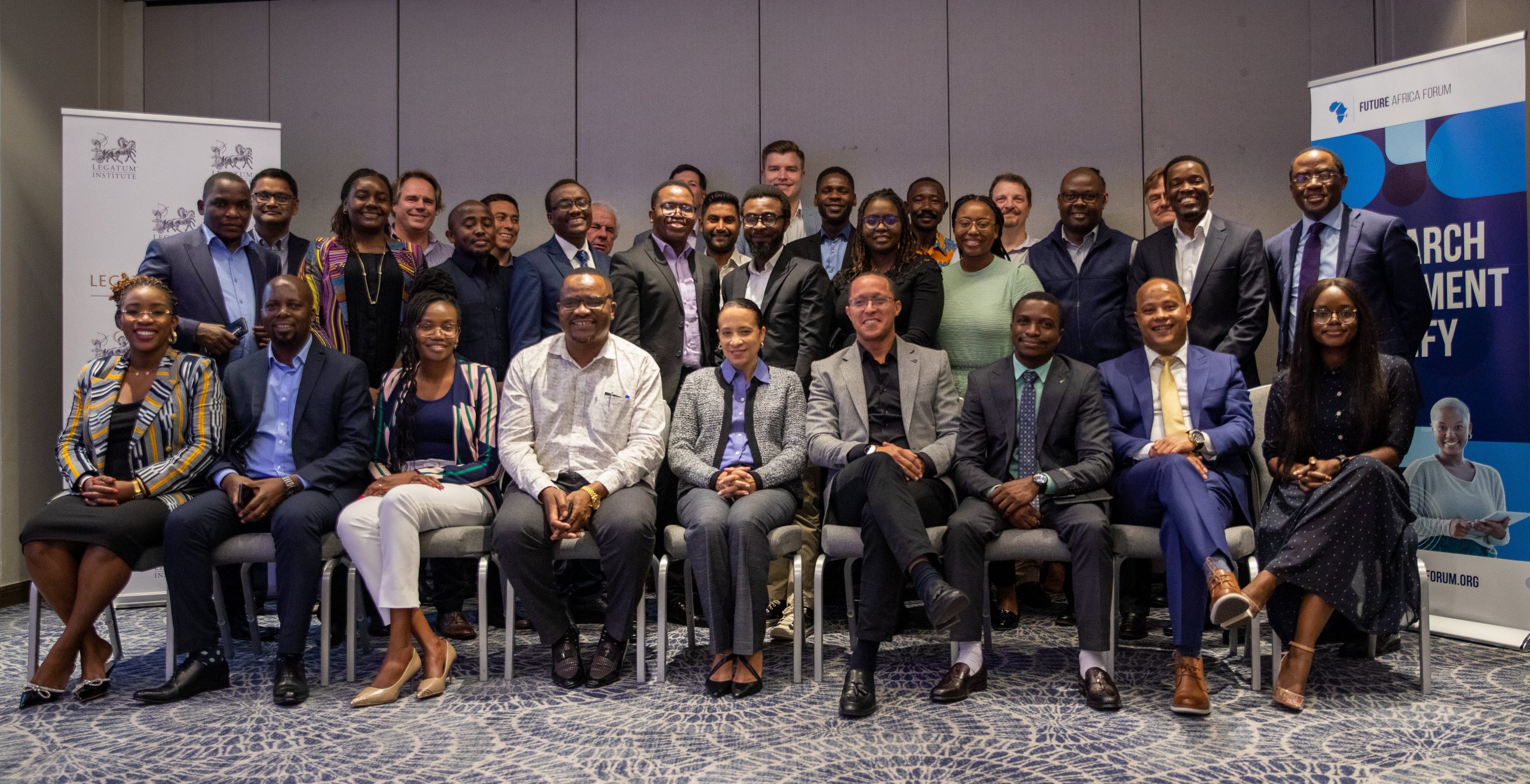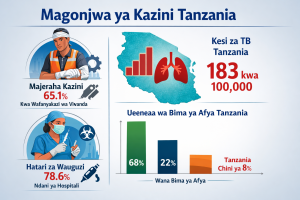
Afcfta Does Not Need External Influence: The Role Of Scholars In Unleashing Its Full Potential.
The AfCFTA Question
On February 9, 2023, I attended a webinar organized by the African Tax Administration Forum (ATAF) and WU Global Tax Policy Center, which discussed the practical implementation of Free Trade Agreements in Africa. The discussion was fruitful, and I noted a question from Moses Chamisa, who asked about the external influences of economic agreements. He stressed that trade flows with the rest of the world could also influence domestic revenue.
What are the possible external influences of other economic agreements that some economic areas enter into on this agreement? bearing in mind that trade flows with the rest of the world can influence domestic revenue.
Moses Chamisa is a tax expert and research analyst who has worked with various revenue authorities, including the Zimbabwe Revenue Authority. He has authored five publications. His question during the webinar was scholarly, and he did not mention a specific economic agreement. Therefore, anyone could ask the same question regarding the African Continental Free Trade Area (AfCFTA).
The concept of external influence is often assumed to come from developed nations, which is biased as it does not consider other economic agreements that these nations have entered into, such as the European Union and the Organisation for Economic Co-operation and Development (OECD). Therefore, if there are external influences, what are they for these developed nations?
Do we need an external influence to develop?
The AfCFTA represents a key initiative of Agenda 2063, also known as ” Africa We Want.” This far-reaching trade agreement has ambitious goals encompassing vital aspects of Africa’s economy, including investment protection and digital trade. By removing trade barriers within Africa, the AfCFTA aims to significantly enhance intra-African trade, focusing on value-added production and expanding trade across all sectors of the continent’s economy.
The goals of AfCFTA are, in one sense, global goals that fall under the sustainable development goals. However, these goals do not require an external influence to be targeted by any free-market economist.
Poverty is a great problem that has persisted for ages. Different economists have theorized and developed models to alleviate the problem, but these models have failed over time. For example, Prof. Muhammad Yunus aimed to send poverty to the museum by developing his microfinance model. The model was successful in the early years, but in the 2000s, it was shown to increase poverty, contrary to the intended goal.
One size does not fit all; what works in NAFTA, AFTA, or the EU may not work in AfCFTA
AfCFTA aims to lift 30 million people out of extreme poverty by 2063, a goal similar to what Mohamed Yunus targeted. It is the duty of scholars, researchers, and authors to provide informed guidance that offers a way to achieve these goals rather than obstructing them, which would benefit many people.
Scholars should promote AfCFTA, there are so many trade areas to learn from
There are many questions that African scholars need to research and address right now, such as the challenge of collecting revenue in the current hostile political environments of some countries experiencing frequent terrorist attacks. However, this is not a significant problem as we can look to various Free Trade Areas as examples, such as the North American Free Trade Agreement (NAFTA) between Canada, the United States, and Mexico, the European Free Trade Association (EFTA), a trade bloc consisting of four European countries (Iceland, Liechtenstein, Norway, and Switzerland), and the European Union (EU), a political and economic union of 27 European countries with a single market and a customs union, to mention a few.
All the challenges that scholars believe can hinder the progress of the AfCFTA can be solved by examining how prosperous blocs have dealt with similar situations. These challenges include language barriers, as multiple languages are spoken in Africa, difficulties in revenue collection, and political instability in some states. For instance, NAFTA includes Mexico, which speaks Spanish, a language different from Canada and the United States. The EU can provide insight into revenue collection methods using one-stop centres. AFTA is a useful reference for political instability as some of its member states, such as Palestine, Lebanon, and Libya, are or have been in conflict. In other words, the AfCFTA can learn from the good practices and avoid the issues that weaken other free trade areas by emulating them.
One size does not fit all
One size does not fit all; what works in NAFTA, AFTA, or the EU may not work in AfCFTA—avoiding the false paradigm is a debatable topic in development economics. African scholars must localize the best practices to work in the African environment to achieve the goals in the targeted time. This is not to say that we despise all the issues in other trading blocs, but we should not simply copy and paste. Instead, we should adapt and mould practices to work for the African environment.
The good scholarly questions asked by scholars like Mr Chamisa should prompt a need for research on other blocs to avoid making mistakes on our own. This is especially important as we wait for countries to submit their instruments of ratification.
Francis Nyonzo is an economist interested in social justice and digital rights. He is available at [email protected]. These are the writer’s own opinions and do not necessarily reflect the viewpoints of Liberty Sparks. Do you want to publish in this space? Contact our editors at [email protected] for further clarification.



